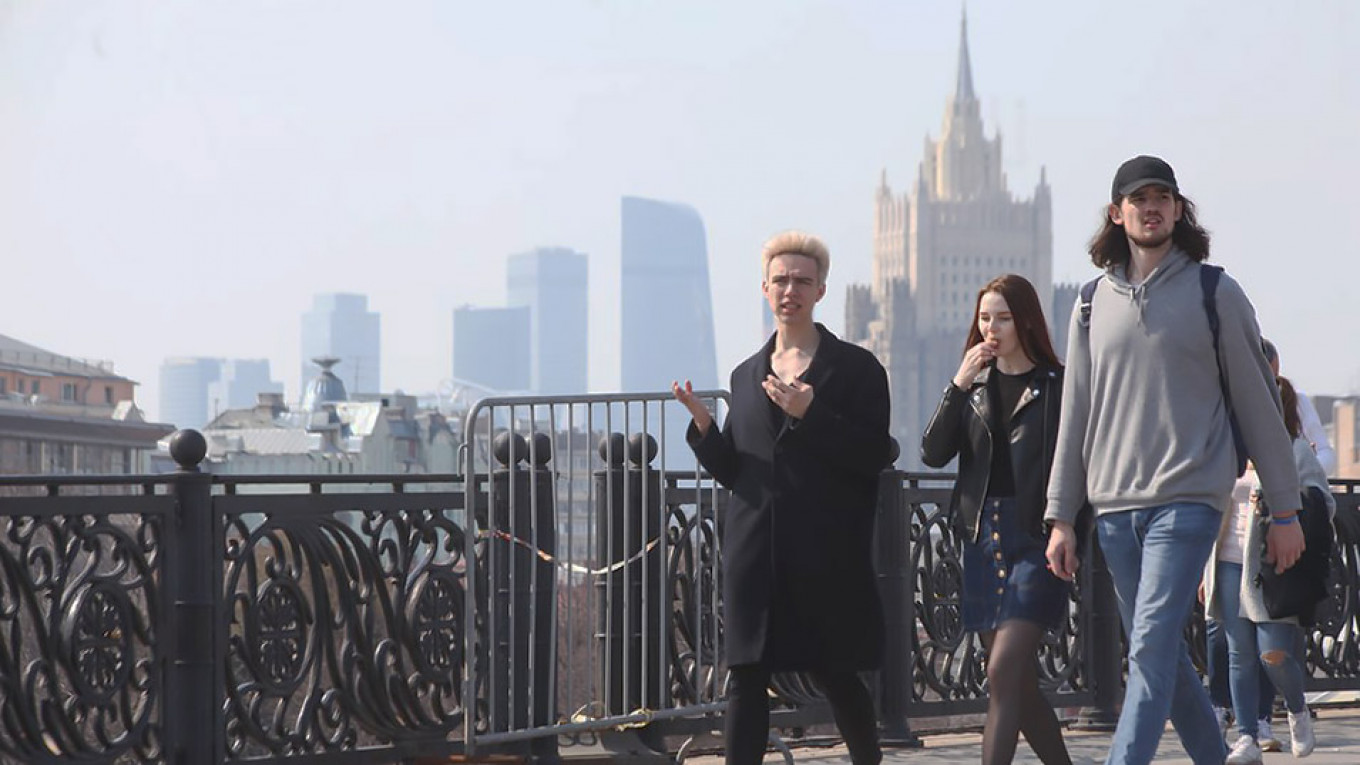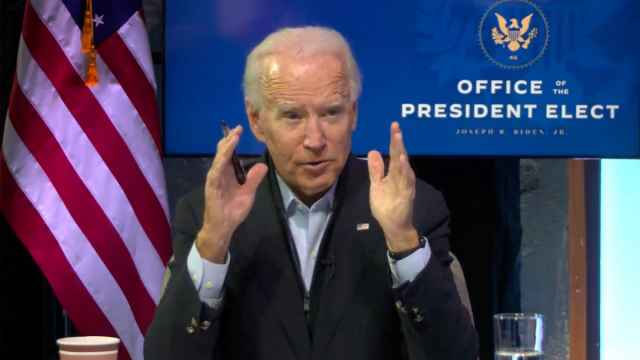One in five Russians believe that they can affect their government’s decision-making processes, according to a new poll that sociologists link to growing public discontent with the authorities in Russia.
Over the past year, Russia has seen protests against unpopular moves by the authorities, including President Vladimir Putin’s pension reforms that will delay many workers’ retirements. Mass demonstrations this spring against the construction of a cathedral in Russia's fourth-largest city of Yekaterinburg led authorities to halt the project.
Nineteen percent of respondents say they believe they can personally influence the Russian government’s decision-making, according to Levada’s results published on Thursday.
Thirty-one percent say they can influence decisions at the regional, municipal and district levels.
Both indicators have grown since 2017. They remain slightly below the historic highs that were measured in December 2018 — when 20% believed they had federal influence and 33% believed they had regional influence — shortly after the pension reforms were signed.
Meanwhile, 79% of Russian respondents say they have no influence over what happens in their country, while 66% believe they have no influence over what happens in their regions.
The share of Russians who believe they can influence the country indicates “an attempt to state that ‘we exist’ and ‘we have an opinion’,” according to the Levada Center pollster’s sociologists.
“This form of channeling anger and discontent is observed in periods of instability and crisis,” Levada sociologist Karina Pipiya told the RBC news website, adding that many respondents were dissatisfied with the authorities' responses to this summer's natural disasters and protest movements.
The Levada Center interviewed 1,608 Russians aged 18 and older in 137 urban and rural communities across 50 Russian regions between June 27 and July 4.
A Message from The Moscow Times:
Dear readers,
We are facing unprecedented challenges. Russia's Prosecutor General's Office has designated The Moscow Times as an "undesirable" organization, criminalizing our work and putting our staff at risk of prosecution. This follows our earlier unjust labeling as a "foreign agent."
These actions are direct attempts to silence independent journalism in Russia. The authorities claim our work "discredits the decisions of the Russian leadership." We see things differently: we strive to provide accurate, unbiased reporting on Russia.
We, the journalists of The Moscow Times, refuse to be silenced. But to continue our work, we need your help.
Your support, no matter how small, makes a world of difference. If you can, please support us monthly starting from just $2. It's quick to set up, and every contribution makes a significant impact.
By supporting The Moscow Times, you're defending open, independent journalism in the face of repression. Thank you for standing with us.
Remind me later.






